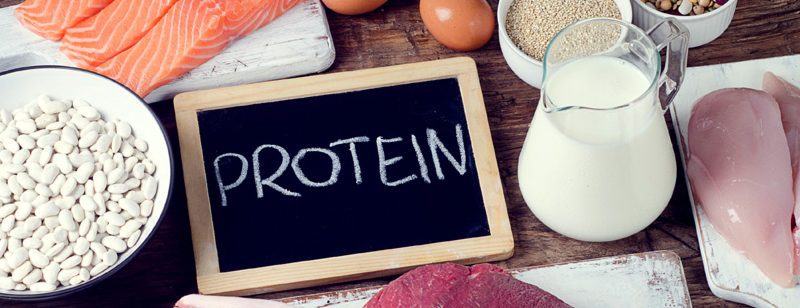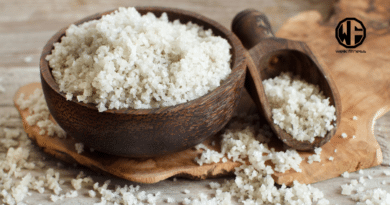Benefits of Adding Protein to Your Diet
Regardless of if you’re a weekend warrior who wants to stay in shape or an elite athlete competing on a stage or playing field, we all need protein. Protein comes in many forms from the whole food options you’d find in the grocery store to protein bars and shakes that help supplement your daily requirements. There are many benefits of adding protein to your diet and it’s important that you understand how to utilize protein to help you achieve your health and fitness goals and get the results you desire.
THE WHEN AND WHERE MATTERS FOR ADDING PROTEIN
I cannot stress this point enough. Where you get your protein from and when you utilize it are extremely important. We all need protein in our diet. Even those who do not exercise at all need protein. However, those who regularly exercise and push themselves in the gym should be paying very close attention to this vital macronutrient.
When we put ourselves through bouts of intense exercise, we break down and create microtears in our muscle fibers. While we don’t perceive this process necessarily as “painful” the trauma created needs to be fully recovered prior to engaging in the same activity.

Following a workout, it’s important to be adding protein as part of the recovery process. Generally speaking, a liquid form would be your best bet if available. Liquid forms of protein are quickly and easily digested, allowing the nutrients to be shuttled out to the working muscles much faster than a whole food meal where the body would need to break down the food and eventually absorb it and transport the nutrients to the muscles.
All of this being said, you should still only use protein supplements outside of post-workout recovery as such — a supplement to a sound nutrition program. If you aren’t able to eat enough whole food sources of protein throughout the day (for whatever reason), that’s where a supplement would come into play.
Whole food sources of protein such as beef, chicken, fish, eggs, turkey, nuts, seeds, and legumes should be a staple in your meal planning. Try to have one (or more) of these sources present in each of your meals.
HOW MUCH PROTEIN SHOULD YOU CONSUME DAILY?
The NSCA recommends anyone over the age of 18 to take in a minimum of 0.66 grams of protein per kilogram of body weight each day. However, many lifters, athletes, and bodybuilders strive for around 1 gram per pound of body weight.
Related Article: Weight Gainers Are Junk! Stop Buying Them!
While protein should be consumed following exercise, other meals can be fit into your everyday life as you see fit. If you want to follow an intermittent diet plan and it works for you, that’s great. If you prefer to spread your meals out over the course of the entire day, that’s fine as well. Meal frequency has been debunked, so feel free to work your nutrition around your schedule and life regardless if you choose to consume two meals a day or seven.
BENEFITS OF PROTEIN
•Increase your lean muscle mass
•Help keep you satiated
•Enhance your metabolism
•Improve your mood
•Promote brain functioning
•Stabilize blood sugar levels
•Maintain strong bones
•Protect your heart health
•Boost immunity
•Lower your blood pressure
Click here to continue reading…

Do you need content or copy for your business or website? Let me know how I can help! We also own Writing Rebels if your company is not in the health and fitness industry.
Below are some great resources:
- Lack of Content Creation Could Be Slowing Your Growth
- Why My Writing Style Caters to the Customer, Not the Client
- Content Writer vs Supplement Copywriter: Who Do You Need?
- The SEO Power of an Authoritative Content Writer
- Is Your Business Taking Advantage of Fitness Articles?
- 23 Content Marketing Statistics & Why They Should Matter to You





